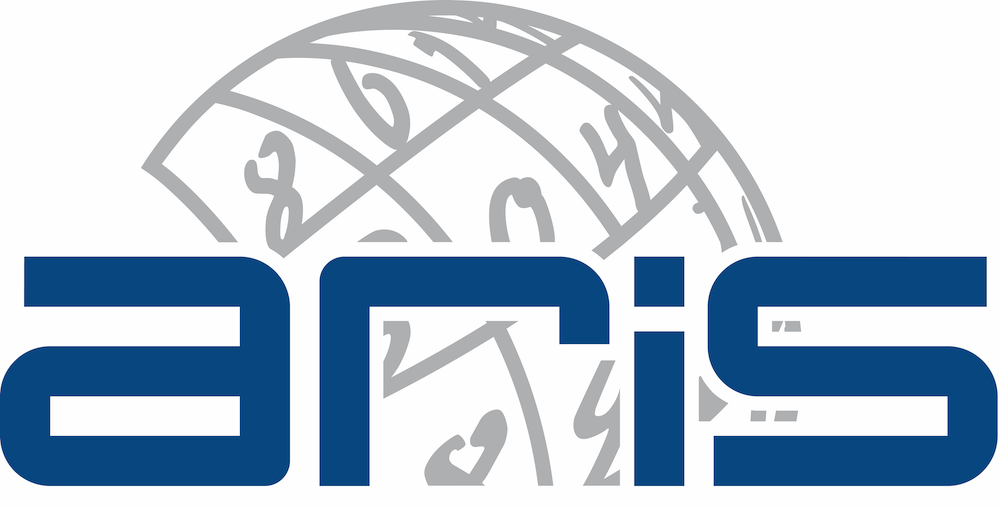Journal of Information Technology in Construction
ITcon Vol. 24, pg. 406-423, http://www.itcon.org/2019/21
BIM business value generation theory: a grounded theory approach
| submitted: | February 2019 | |
| revised: | June 2019 | |
| published: | September 2019 | |
| editor(s): | Amor R. | |
| authors: | Mustapha Munir, PhD Candidate,
School of Architecture, University of Liverpool; mmunir@liverpool.ac.uk Arto Kiviniemi, Professor, School of Architecture, University of Liverpool; a.kiviniemi@liverpool.ac.uk Stephen W. Jones, Dr, School of Engineering, University of Liverpool; swjones@liverpool.ac.uk Stephen Finnegan, Dr, School of Architecture, University of Liverpool; s.finnegan@liverpool.ac.uk | |
| summary: | Theoretical developments in the Architectural Engineering and Construction (AEC) industry have been deficient, especially for the operations and use phase. The need for asset owners to understand the Building Information Modelling (BIM) process and to realise business value from BIM implementation cannot be over emphasised. This study investigates a BIM-based Asset Management (AM) system to examine how business value can be created for the asset owner. The BIM-based AM system is evaluated from the Transformation-Flow-Value (TFV) generation view to define the characteristics and functions. This is followed by the grounding of data to develop a novel explanatory theory through the development of conceptual categories. A qualitative research approach based on a grounded theory methodology is utilised to generate a proposition on how BIM can create value in an AM system. The study involves a five-stage research design using interviews and document analysis to inform the phenomenon of BIM business value creation in AM. The paper highlights that BIM business value generation in AM is dependent on three main categories, which are: development of the information requirements, creation of the information content and management of the information content. From the grounded data, the study finds that it is crucial for asset owners to develop their information requirements since the information requirements development category guides the data creation, data management and value generation. Furthermore, the development of a sound rationale that appropriately translates the organisational business objectives is critical to value generation. The paper studies how BIM can create business value in an AM system using a grounded theory methodology. The results show that the rationale for developing BIM-based information requirements determines the value that will be generated by the AM system. The key contribution of the paper is that it presents a novel theory for BIM-based AM. One of the contributions of this study is the demonstration of the application of grounded theory within the AEC industry. Also, the study demonstrates the relationships between concepts and how they emerge from the grounded data. | |
| keywords: | BIM, Asset, Management, Business, Value, Theory | |
| full text: | (PDF file, 0.753 MB) | |
| citation: | Munir M, Kiviniemi A, Jones SW, Finnegan S (2019). BIM business value generation theory: a grounded theory approach. Journal of Information Technology in Construction (ITcon), 24, 406-423. https://www.itcon.org/2019/21 |





